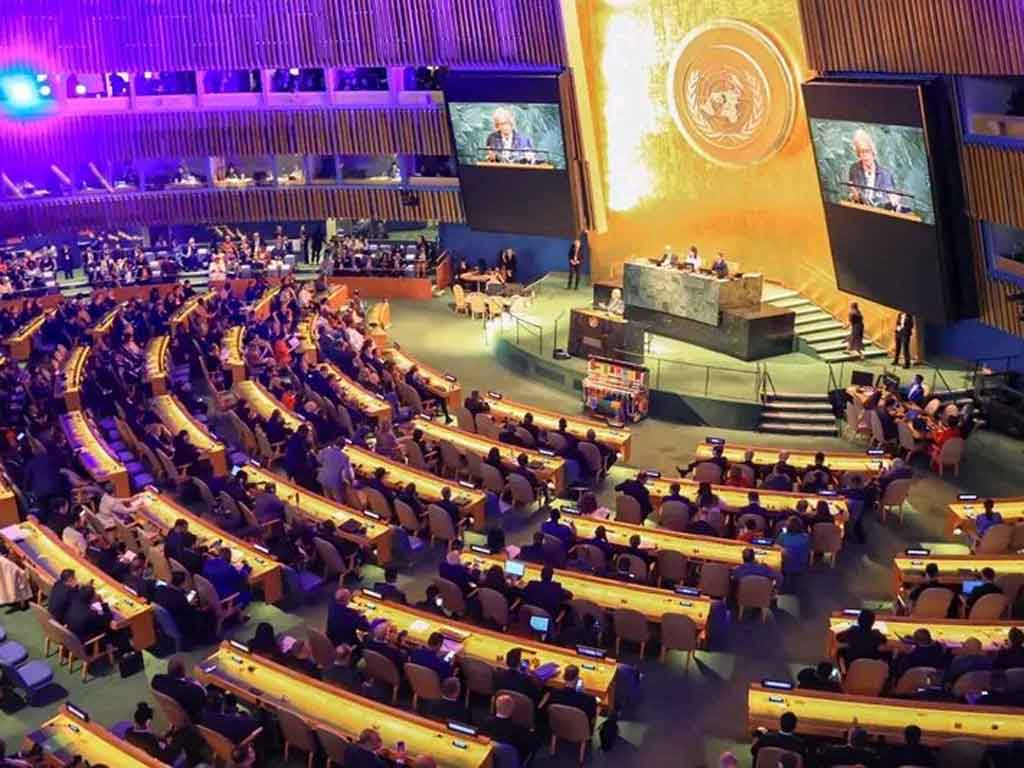
United Nations, September 29. - A Security Council meeting on the situation in the Middle East, including the Palestinian question, and the speeches of the final 16 speakers are the highlights of the UN General Assembly today.
The security perimeters have disappeared in New York City, after stressful moments with traffic, detours, and checkpoints. Everything is calmer now, although vehicular traffic is simply a problem here.
At the headquarters of the multilateral organization, where the High-Level Segment of the 80th Session of the General Assembly is taking place from last Tuesday to this Monday, everything is also calmer. The swarm of journalists has vanished, and access to the facilities is now less complicated.
These have been days with the presence of nearly 90 heads of state, 43 heads of government, hundreds of meetings, and countless speeches in more than twenty languages.
This week included talks about the 80 years of the UN amidst its great challenges, sanctions against Iran, the war in Ukraine, climate change, but above all, much discussion about Gaza and the State of Palestine.
This Monday, 16 speakers will take the podium of the General Assembly. There is only a program for the morning session. The speeches will begin with Eritrea, and the last speaker will be the representative of Timor-Leste.
In the case of Cuba, at least 38 mentions have been made so far of the need to lift the long-standing economic, commercial, and financial blockade imposed by the United States government on the largest of the Antilles.
Foreign Minister Bruno Rodríguez, who leads the Cuban delegation to this segment, reiterated his support for Palestine in his speech on Saturday, denounced the threats looming over Venezuela due to the dangerous US military deployment in the Caribbean, and also the impact of the blockade.
He also addressed the foreign debt crisis, the consequences of global warming, especially for developing nations, and rejected slander against the island's medical cooperation, among other topics.
One of the most notable speeches regarding Cuba was that of Barbados' Prime Minister, Mia Mottley. Cuba has always been a source of support for many around the world in times of conflict, health crises, and colonial resistance, especially in Africa, she stated.
However, Cuba has paid a high price for insisting on its right to self-determination, she said.
Barbados reiterates its call for an end to the embargo and for Cuba to be removed from the list of state sponsors of terrorism. This is unjust.
The meeting witnessed similar pronouncements since its opening on Tuesday, September 23. Brazilian President Luiz Inácio Lula da Silva was the first head of state to speak at the podium.
In his remarks, he described Cuba's inclusion on Washington's unilateral list of alleged state sponsors of terrorism as unacceptable. (Text and photo: PL)